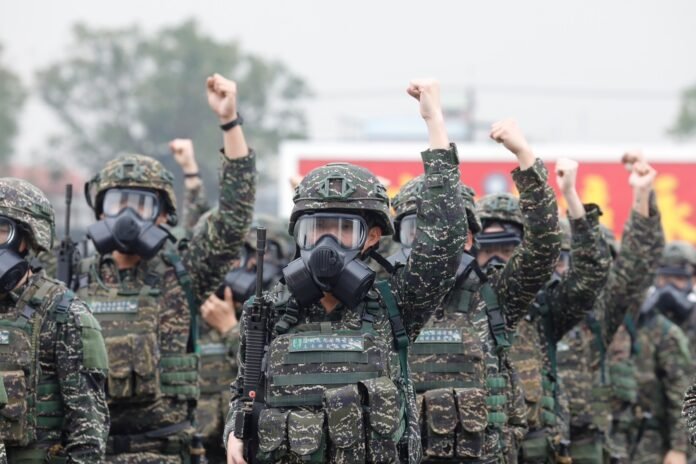The Pentagon has started pressing Japan and Australia to define their allied commitments if war breaks out over Taiwan.
U.S. policy chief Elbridge Colby raised the issue during meetings with Indo-Pacific allies, according to recent reports. While the U.S. has long urged increased defense spending, these new requests go further. Colby wants concrete roles outlined before any conflict starts.
Japanese and Australian officials did not expect such direct discussions. In response, Australia pushed back. “We won’t commit troops in advance,” said Defense Minister Pat Conroy. “That decision rests with our government at the time.”
At the same time, 30,000 troops from 19 countries are participating in a major joint exercise in Sydney. That cooperation reflects broader security concerns throughout the region.
Colby responded on social media, saying the Pentagon remains focused on peace through strength. He emphasized the need for honesty among allies. “Some allies won’t like these conversations,” he posted. “But they are necessary for peace.”
Defense experts agree that Japan would play the most critical role in a Taiwan conflict. According to simulations, the U.S. cannot win without Japanese support. Japan’s Ryukyu Islands sit just 80 miles from Taiwan. That proximity makes Japan’s bases essential for U.S. forces.
However, the U.S. faces several limitations. South Korea does not allow combat operations from its territory. Australia does not permit permanent U.S. bases. Yet, the U.S. is expanding its rotating presence in Australia.
The Pentagon continues to balance global priorities. Colby told European allies to focus on threats near home, not the Indo-Pacific.
President Trump has supported strategic ambiguity, refusing to say how the U.S. would respond to a Chinese invasion. However, leaked audio shows Trump threatening Beijing and Moscow directly if they launched invasions.
Meanwhile, the AUKUS security pact aims to strengthen Australian capabilities. That plan includes purchasing U.S.-built submarines in the 2030s. Joint development of a new class of subs is scheduled to begin later.
Despite all this, Colby’s push reveals a key shift. The Pentagon now seeks allied commitments before conflict begins, not during it. That shift could reshape how Indo-Pacific nations prepare for war.
Clear allied commitments may soon decide whether deterrence succeeds—or whether war becomes inevitable.
For more political updates, visit DC Brief.


